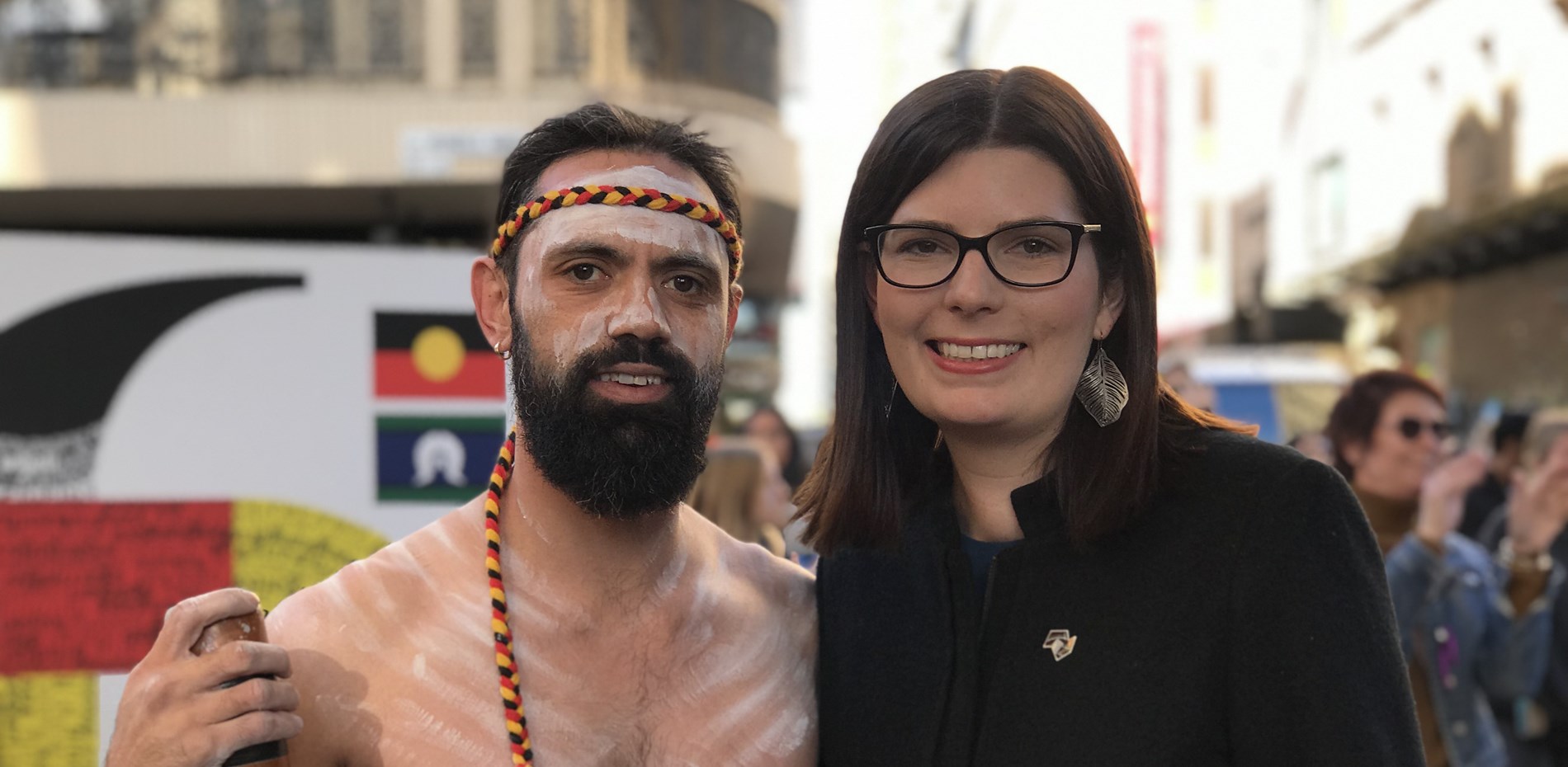E&OE TRANSCRIPT
RADIO INTERVIEW
ABC NORTH AND WEST
THURSDAY, 28 MAY 2020
SUBJECTS: Reconciliation Week
NARELLE GRAHAM: Let’s go to Senator Marielle Smith because Senator Smith, she’s a Labor Senator for South Australia. She’s on the First Nations Caucus Committee for the Federal ALP. Welcome to you Senator.
SENATOR MARIELLE SMITH, SENATOR FOR SOUTH AUSTRALIA: Hi Narelle great to be with you.
GRAHAM: What does the First Nations Caucus Committee do?
SMITH: Look, we’re a collection of members of Parliament and Senators within the ALP Federal caucus who are committed to Reconciliation. So we meet regularly to consider First Nations issues, we’re chaired by Malarndirri McCarthy who is a First Nations Senator from the Northern Territory. We meet regularly with stakeholders from around the country and we brief our leadership regularly on First Nations issues. So really we’re committed to seeing reconciliation move forward and making sure that issues of Reconciliation and issues important to First Nations Australians are at the top of the agenda within the Federal Parliamentary Labor Party.
GRAHAM: So what does it look like to move forward with Reconciliation?
SMITH: Well look, I think this week in Reconciliation Week it’s really important that we stop and celebrate how far we’ve come as a nation and there’s some pretty big anniversaries that we’re celebrating this week including the anniversary of Mabo, the 1967 Referendum and the Sydney Harbor Bridge Walk and they’re really fantastic and it’s important that we celebrate and continue to rejoice in those big events, but the reality is that we’re still a long way from Reconciliation in Australia and as Uncle Mark said, you know we actually need to close the gap if we’re going to have reconciliation and there are some pretty fundamental social justice issues around Australia and in South Australia which we need to address if we’re going to move forward towards true reconciliation.
GRAHAM: So how do we close that gap? We’re talking about that in all things. We’re talking about health, definitely, but we’re talking about closing the gaps in terms of access to good education and access to good healthcare aren’t’ we
SMITH: Absolutely that’s right. And look, if you look around our state we see some pretty significant problems that we can see now and that we know we can fix. So I think Reconciliation is about looking at the problems in front of us and instead of walking on past them actually stopping and saying well what can we do to make this better. So you mentioned Education. I was out in communities in the West Coast earlier this year and we had children there in First Nations communities, desperate to do their homework but not able to do so because they could not access the internet. Now when we’ve got issues like COVID-19 you can only imagine how much that educational inequality is compounded. We’ve also got issues in remote South Australia around water shortages. So in the town of Scotdesco we had a pretty serious problem there in terms of access to water. It goes to health as well. We’ve got diseases that only exist in regional remote First Nations communities not in the broader population which is just a terrible state of affairs that we shouldn’t allow in Australia and we shouldn’t walk past.
GRAHAM: Yeah I agree with you on the water issue. I was quite amazed that we would have a remote Aboriginal community without access to something as basic as water in the year 2020.
SMITH: Absolutely. I mean I was shocked when I saw that first hand and its something that we started advocating on immediately. But you know that town was looking at trucking in water at an enormous expense, an expense that they couldn’t afford. Now water is one of the most fundamental basic human rights. If we can’t ensure that our communities in Australia have access to water, have access to education, have access to quality health care, then that is a serious, serious problem that we need to address. So I think Reconciliation Week, yes let’s celebrate because there have been some fantastic steps forward but it’s also about making sure that the problems we know exist and that we know we can fix, that we’re all committed to doing that.
GRAHAM: What are the priorities for the First Nations Caucus Committee?
SMITH: Look part of it is about moving forward with the Uluru Statement which calls for Voice, Treaty and Truth. Now that’s a statement that came from First Nations people and it’s a clear direction forward and that’s something that the Labor Party absolutely supports. It’s also about making sure that the perspectives of First Nations people from around Australia are front and centre for us in policy making so making sure that rather than First Nations issues being treated as side issues, that they’re front and centre of our broader look at policy.
GRAHAM: Labor Senator Marielle Smith on ABC Radio South Australia and Broken Hill.

28 May 2020


